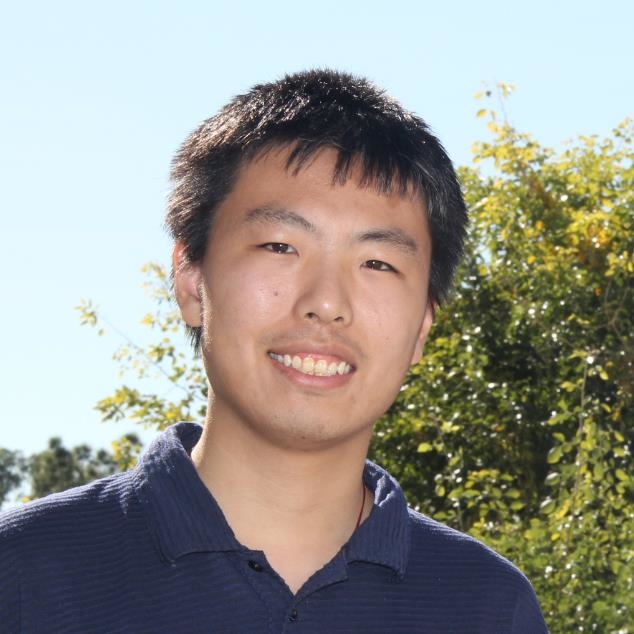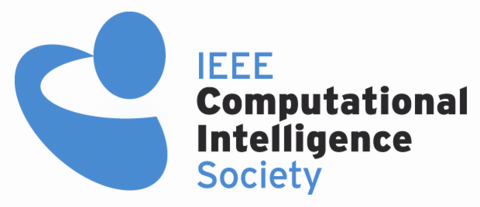Bio: Qingpeng Zhang received the B.S. degree in Automation from Huazhong University of Science and Technology in 2009, and the M.S. degree in Industrial Engineering and the Ph.D. degree in Systems and Industrial Engineering with a minor in Management Information Systems from The University of Arizona, in 2011 and 2012, respectively. Prior to joining CityU, he worked as a Postdoctoral Research Associate with The Tetherless World Constellation, Department of Computer Science at Rensselaer Polytechnic Institute. He also worked at the Pacific Northwest National Laboratory and Chinese Academy of Sciences in the summer of 2011 and 2010, respectively. Currently, he is an assistant professor with the School of Data Science at CityU since 2018. During 2014-2018, he was with the Department of Systems Engineering and Engineering Management, where he is still an affiliate member.
His research interests include social informatics and healthcare data analytics, complex networks, social computing, data mining and semantic web.
Title: Modelling the transmission of infectious diseases on social networks
Abstract: Social contact of people can be naturally modelled as social networks, which represents the platform for the transmission of infectious diseases, such as HIV, influenza, and novel coronavirus (COVID-19). A good understanding of how infectious diseases transmit on social networks can provide critical insights into how to effectively control the epidemic. Given the complex structure of social networks, it is not an easy task. In this talk, I will introduce this exciting research area, and present our work on modelling and simulating the transmission of HIV on multilayer social networks, and the optimization approach to identifying the best subset of individuals in the social network for interventions. We will also introduce our preliminary research on the modelling of COVID-19 in multilayer social networks.




